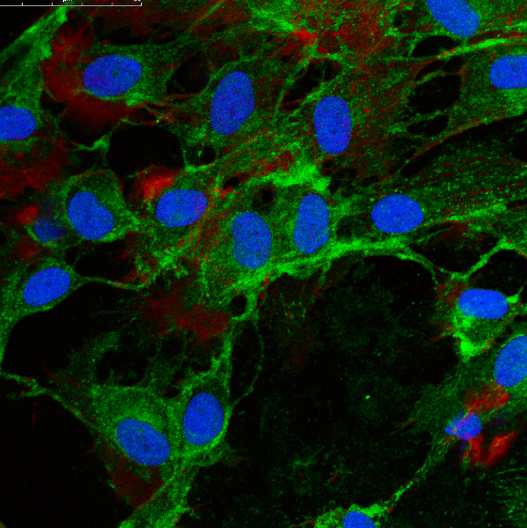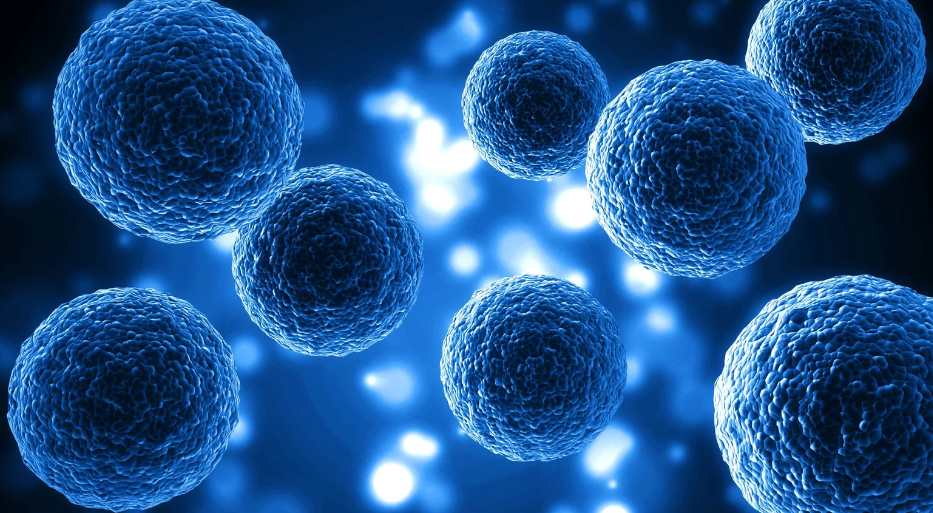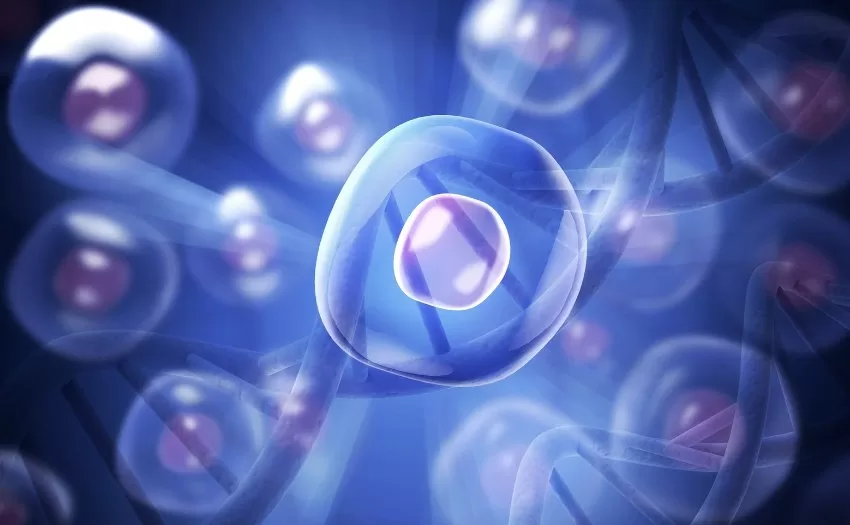Autoimmune diseases affect millions of people across the globe. They can be life-altering conditions that cause the body’s immune system to attack the person’s own healthy tissues. While traditional treatments such as medications and immunosuppressive therapies have been the go-to options for managing these conditions, a revolutionary approach is emerging in the field of medicine – stem cell therapy. This treatment offers a new ray of hope for autoimmune disease patients by harnessing the regenerative potential of these remarkable cells.
Understanding Autoimmune Diseases
Before exploring the promise baby of stem cell therapy, it’s important to understand what autoimmune diseases are. Autoimmune diseases occur when the body’s immune system gets confused and attacks healthy cells and tissues by mistake. Some common examples you may have heard of include rheumatoid arthritis, lupus, type 1 diabetes, and multiple sclerosis. In these diseases, the immune system incorrectly tags healthy tissues and cells as “foreign invaders” and unleashes its arsenal on the body itself. This leads to inflammation and damage in various parts of the body, depending on the disease. The wide-ranging symptoms can be mild or severe. Unfortunately, they often require life-long management as there are currently no cures for these chronic conditions. The effects on a person’s life can be devastating – from constant fatigue and pain to even loss of organ function. This shows the critical need for play better treatment options, making the emergence of stem cell therapy quite promising.
The Promise of Stem Cell Therapy
Stem cells are unique because instead of only becoming one body part (muscle cells, for instance), they can transform into various cell types within the body. This remarkable characteristic makes them the focus of intense research for a wide range of medical conditions, including autoimmune diseases. Stem cell therapy at clinics like bioxcellerator involves using these cells to modulate the malfunctioning immune system and potentially reverse the damage caused by autoimmune diseases.
Mesenchymal Stem Cells (MSCs)

One type of stem cell that holds promise for autoimmune diseases is mesenchymal stem cells (MSCs). These cells have immunomodulatory properties, meaning they can regulate the immune response. When administered to patients with autoimmune diseases, MSCs can help slow down the overactive immune system and reduce inflammation. This can lead to symptom relief and even disease remission in some cases.
Hematopoietic Stem Cell Transplantation (HSCT)

Another approach involving stem cells is hematopoietic stem cell transplantation (HSCT). In this procedure, a patient’s own stem cells are collected, and then high-dose chemotherapy or radiation is used to eliminate the faulty immune cells. The patient’s stem cells are then reinfused to rebuild a healthier immune system. HSCT has shown promising results in conditions like multiple sclerosis and systemic sclerosis, offering the potential for long-term remission.
Ongoing Research and Clinical Trials
While the potential for the treatment of autoimmune diseases is exciting, it’s essential to emphasize that research in this field is still ongoing. Numerous clinical trials are being conducted so that we can understand these treatments better and ensure that they are safe for patients. These trials aim to refine protocols, identify ideal patient candidates, and establish long-term outcomes.
Addressing Challenges and Ethical Concerns
Stem cell therapy is not without its challenges and ethical bedding concerns. Everyone knows that medical procedures come with some risks as well as benefits, and researchers are working diligently to minimize these for patients. Additionally, ensuring access to these advanced treatments for all patients is a crucial consideration.
Conclusion
Stem cell therapy offers a fresh look at autoimmune diseases and a chance of healing for people with them. While more research is needed, the potential for long-term remission and improved quality of life is undeniable. As science and medicine continue to advance, the promise of stem cell therapy may become a reality for many autoimmune disease patients, offering them a new lease of life and a brighter future.
References:
- Immunomodulation by mesenchymal stem cells combats the overactivated immune system in autoimmune diseases
- Stem Cells International, 2022
- https://doi.org/10.1155/2022/3462140
- Mesenchymal stem cell therapy for the treatment of inflammatory diseases: Challenges, opportunities, and future perspectives
- Frontiers in Immunology, 2021
- https://doi.org/10.3389/fimmu.2021.744361
- Hematopoietic stem cell transplantation for treatment of autoimmune diseases
- Bone Marrow Transplantation, 2009
- https://doi.org/10.1038/bmt.2009.27
- Autologous hematopoietic stem cell transplantation in autoimmune diseases
- Clinical Reviews in Allergy & Immunology, 2020
- https://doi.org/10.1007/s12016-020-08768-3
- Mesenchymal stem cell therapy for multiple sclerosis: Identifying the optimal cell source and dose
- Frontiers in Immunology, 2019
- https://doi.org/10.3389/fimmu.2019.02111
- Ethics of stem cell therapies for autoimmune diseases
- Autoimmunity Reviews, 2020
- https://doi.org/10.1016/j.autrev.2020.102634

